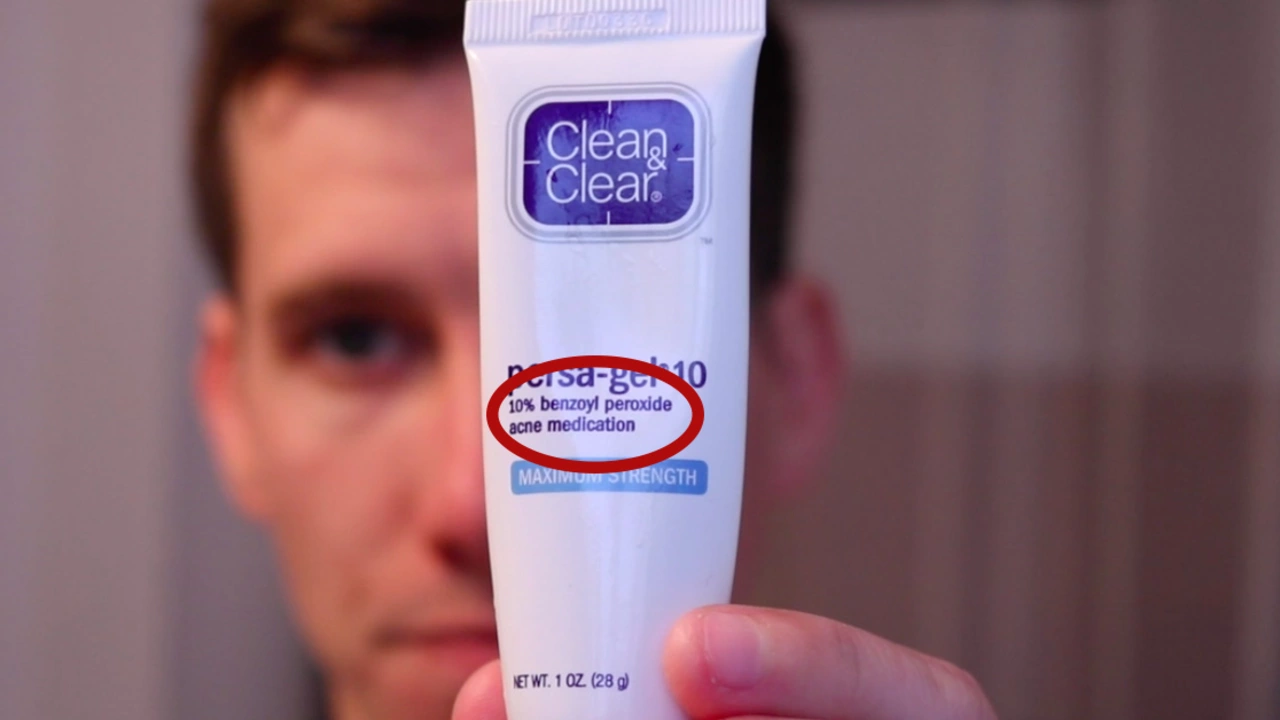Skincare Ingredients You Should Know About
When it comes to skincare, the ingredients in your products really matter. Knowing what's inside can help you pick the right stuff for your skin type and concerns. Whether you want to tackle dryness, acne, or signs of aging, understanding the key ingredients is the first step.
Some ingredients are better known, like vitamin C for brightening or hyaluronic acid for hydration. Others might sound unfamiliar but work wonders, such as niacinamide, which helps with redness and uneven texture. It’s a good idea to look for products with these proven ingredients rather than just trendy names.
Why Ingredients Matter for Your Skin
Not all ingredients work the same for everyone. For example, people with sensitive skin might find certain acids irritating, while oily skin types can benefit from lightweight, oil-free options. Knowing what each ingredient does helps avoid reactions and get the best results. Always patch-test new products before applying them all over your face.
Also, some ingredients target specific issues. Retinol, for instance, is known for reducing wrinkles and improving skin texture, but it can cause dryness if not used properly. Antioxidants like vitamin E protect skin from damage caused by pollution and sunlight. Combining these smartly gives your skin a better chance to look healthy and fresh.
Tips for Choosing Skincare Products
Start by identifying your skin type—dry, oily, sensitive, or combination. Then, pick products with ingredients that fit your needs. Reading labels helps, but remember, some fancy terms might just be marketing. Stick to basics like cleansers with gentle agents, moisturizers with ceramides to strengthen skin barriers, and sunscreens with broad-spectrum protection.
Don't hesitate to ask for samples or read reviews to see how others with similar skin reacted. And keep in mind, consistency is key. Using quality products regularly beats jumping between different trendy items. Your skin deserves steady care, not quick fixes.
By understanding skincare ingredients, you take charge of your skin’s health. It’s about smart choices and learning what works for you, not just following hype. Good skin isn't magic—it’s science and simple care done right.
Benzoyl Peroxide: An Ingredient to Avoid for Rosacea Sufferers?
In my exploration of skincare, I came across a common ingredient called Benzoyl Peroxide. It's often used in acne treatments, but if you're dealing with rosacea, you might want to steer clear. I've found that it can potentially exacerbate redness and irritation, which are symptoms those with rosacea already struggle with. So, despite its effectiveness against acne, it might not be the best choice for everyone. Keep this in mind next time you're in the skincare aisle!
